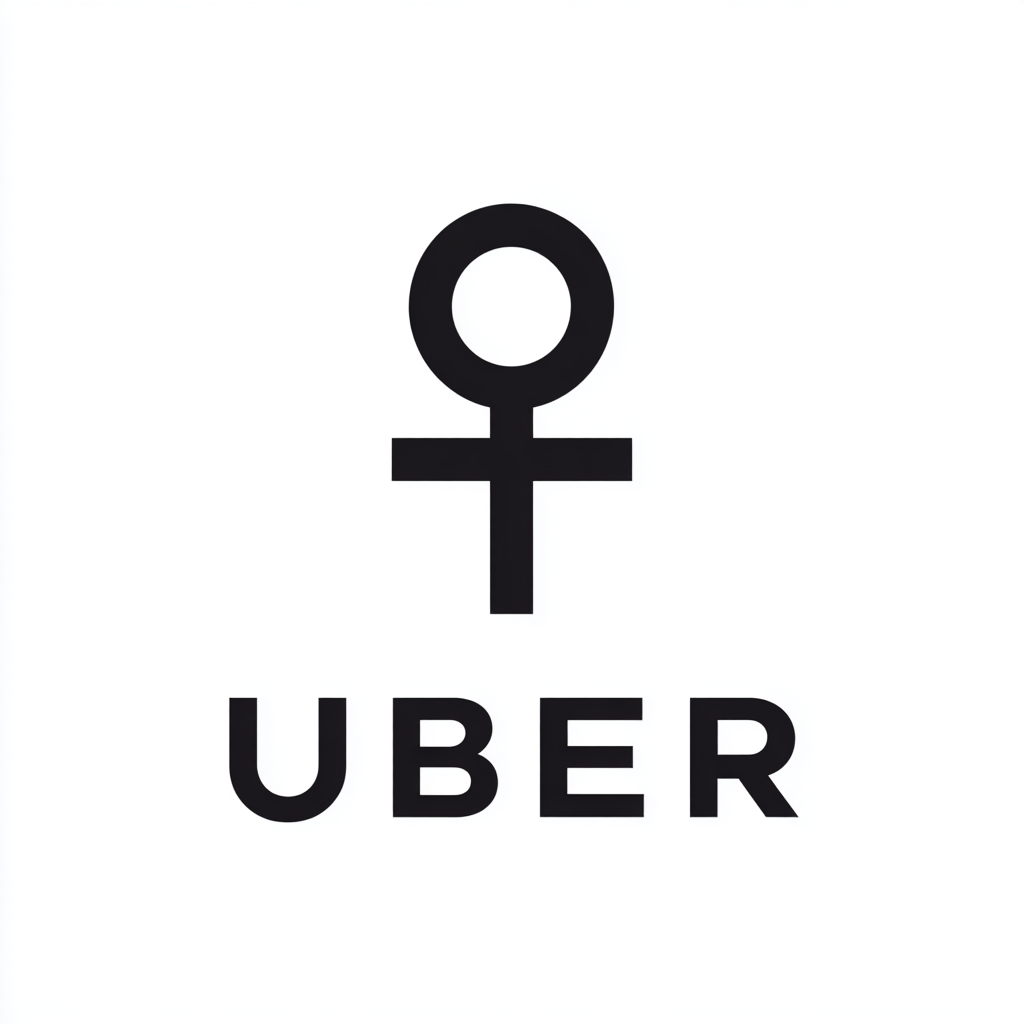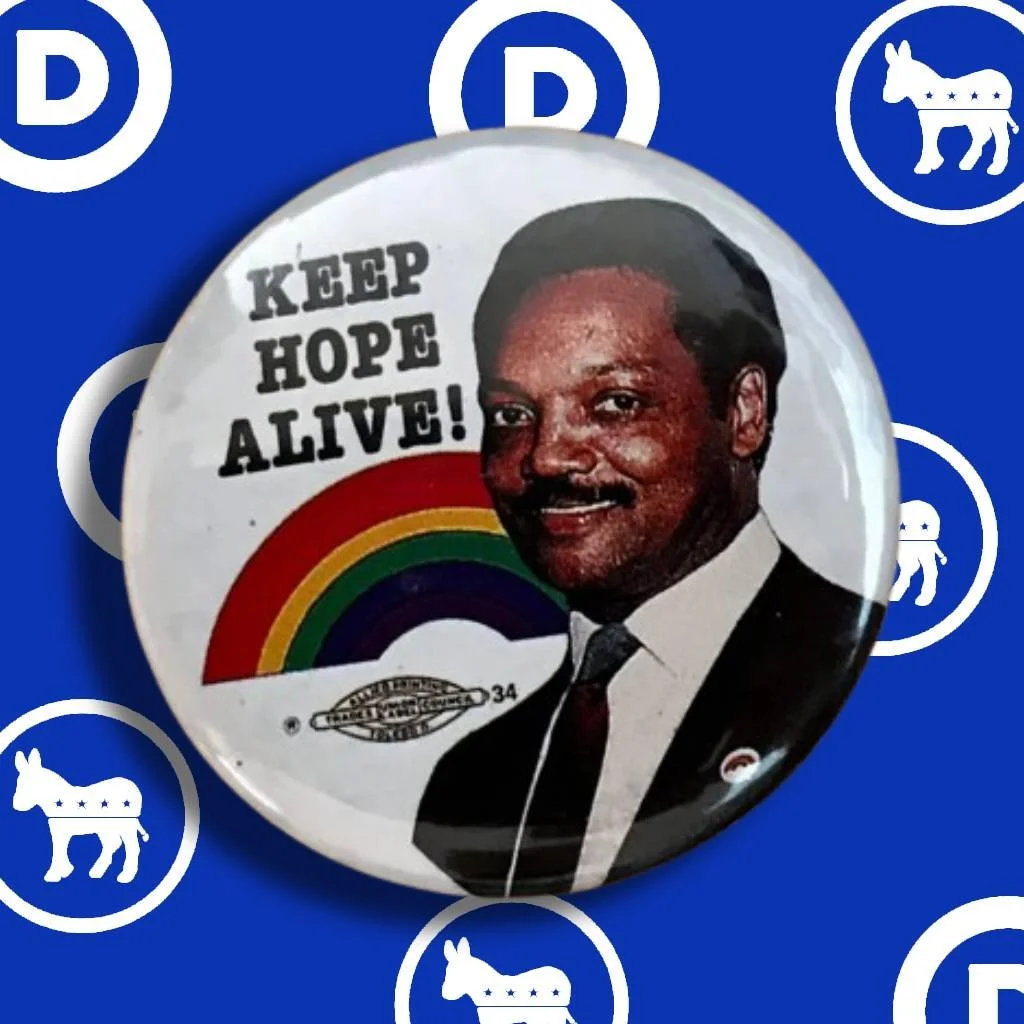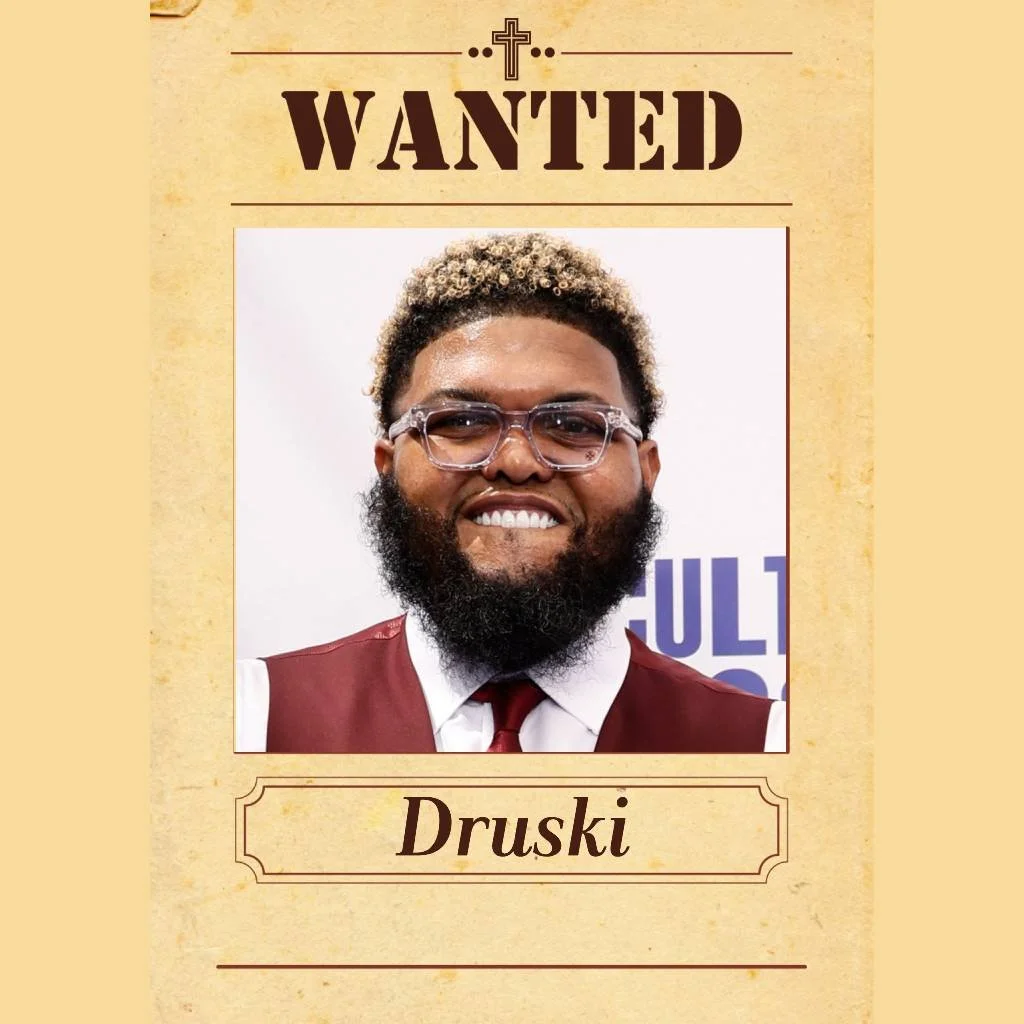The Good News About Uber’s Feminist Stunt
Good news, American patriots!
Uber is testing a "Women's Preference" pilot program that will allow women riders to choose women drivers. Following largely positive responses in Saudi Arabia, Argentina, Canada, and Mexico, the pilot will be rolled out in three American markets: Los Angeles, San Francisco, and Detroit.
Camiel Irving, Uber's Vice President of Operations, said in a statement: "When we make our platform better for women, we make it better for everyone. After hearing from women riders and drivers around the world, it was clear: many want the option to match with other women...It's about giving women more choice, more control, and more comfort when they ride and drive."
Fair enough. I will give Ms. Irving and Uber the benefit of the doubt. This was probably done with the very best of intentions. Safety concerns have been an issue for Uber, especially in cities with higher rates of violent crime. If offering the weaker vessel the option to choose their preferred driver makes them feel safer, I get it. You don't have to be a feminist to want your daughter, wife, niece, or mother to feel secure when traveling.
I support the new program, in principle. It's why I believe the development is good news for our country. Whether intentional or not, Uber's new pilot program is a corporate nod to a longstanding American principle many of us have forgotten—freedom of association.
Many of Uber's competitors, like Lyft and inDrive, already offer female-only driver options. However, Uber's scale and visibility are making this a cultural bookmark. There are a few nonsensical assumptions that fuel these female-only filters. The notion that women are automatically safer around other women and that men inherently pose a threat, or that a woman in Saudi Arabia shares the same concerns as a woman in San Francisco.
Freedom of association is the right to join with others based on shared beliefs and values. It is the cornerstone of self-governance and moral agency. Businesses having the right to hire people who align with their principles. Communities showing discretion about what kinds of businesses are allowed to operate within their jurisdiction. Families guiding their children into relationships that resemble their morals.
What's implicitly implied with freedom of association is the freedom of disassociation. You cannot include people without excluding others. It's the freedom to say no. For most of our nation's history, this idea was not only accepted but celebrated. And few cried bigotry or discrimination.
Today, we are told that inclusion is non-negotiable, except when it is negotiable.
Uber is being applauded for encouraging women to exclude men. That's fine, but consider the contrast. If a man were to exclude women in any meaningful way, he'd be guilty of "toxic masculinity." If a Christian decides he wants to run his business in a way that reflects his faith, he is branded as a bigoted extremist. Or worse, a Christian nationalist! He is sued, smeared in the media, maybe loses his business, maybe goes bankrupt.
Jack Phillips knows all about this. He is a Colorado baker who was dragged into court for nearly a decade because he wouldn't make a wedding cake for a gay couple. Finances drained, forcing him to lay off employees. Smeared by local politicians and activists hoping to make a name for themselves at his expense.
Catholic adoption agencies were smeared for not placing children in same-sex households. The Boy Scouts of America, a devoutly Christian organization and a safe haven for the development of young boys, was sacrificed at the altar of "inclusion" and rebranded as Scouting America, opening its doors to girls.
Freedom of association only works if it is applied equally. Right now, we have state-mandated acceptance.
This shift in ideology started around 1964. The Civil Rights Act sought to end racial discrimination and segregation. That's great, and no sane person would argue against that. However, in trying to do so, it taught the public that all forms of discrimination were bad. That's not what the Founders intended, nor is that what Scripture teaches.
Our freedom of association is protected by the First Amendment in the Constitution and reinforced by the Fourteenth Amendment. The first book of Corinthians tells us, "Do not be yoked together with those who do not believe. For what partnership is there between righteousness and lawlessness?" (1 Corinthians 6:14). "Therefore, come out from among them and be separate, says the Lord" (1 Corinthians 6:17). Separation, when done for spiritual conviction, is not bigotry or hatred. It's obedience.
Uber is opening itself up to a world of headaches. Roughly 20% of Uber drivers are women, which could potentially damage the company's ride-sharing marketplace if demand for female drivers outpaces supply. What if there are too many requests for female drivers and there are none available in the area? Will Uber give refunds or credits for future rides? Suppose a married man, for religious or reputational reasons, doesn't want to be alone with a female who's not his wife. Can he request a male driver? If not, can he be offered compensation? Can men order female drivers? Can a Catholic order a Catholic driver? Can a Jew order a Jewish driver? If not, can they sue? What if a woman orders a ride from another woman and, to her chagrin, a big, hulking dude wearing a wig and a crop top pulls up? He "identified" as a woman. What happens in her case?
What a time to be a lawyer!
Uber's new "Women's Preference" program should serve as a lesson for everyone on the political and moral spectrum. Freedom requires choices, and people are free to choose yes or no.
If women are free to gain more control over who they associate with, then all Americans should be free to do the same.
Feminism is a one-way street. Freedom is not.
RECENT POSTS







